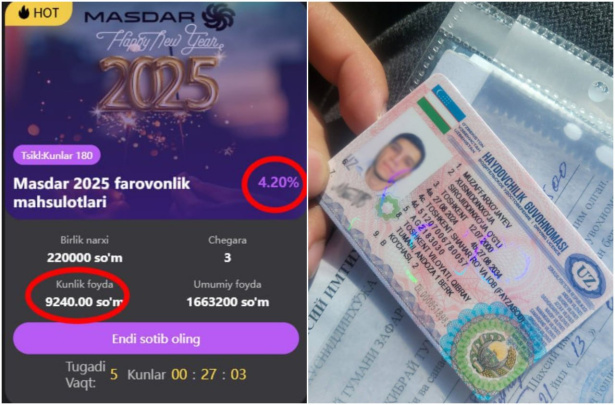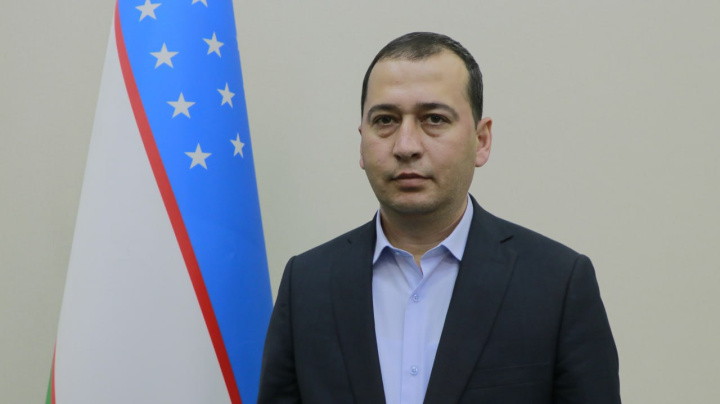“In our forecasts in December and April, we estimated that remittances would grow by 11-12%, but in reality, this change is growing at twice the rate of our predictions.
Another factor is the change in the geography of labor migration and the continuing diversification of the labor force between countries. In terms of numbers, remittances from the US increased by 43% compared to last year, from Germany by 64%, from Poland nearly doubled (93%), and from South Korea increased by 1.9 times,” Kun.uz reporter quotes Nurmuratov as saying.
According to the Central Bank head, the share of remittances from Russia accounted for 77%, while two years ago it was 82%. In the composition of remittances, funds from Kazakhstan, the US, and South Korea also hold a significant place.
Mamarizo Nurmuratov noted that in the first half of the year, due to the high economic growth in major trading partners and favorable formation of exchange prices for export raw materials, the volume of non-gold exports increased by 11%. The growth in import volumes balanced out to 10.6%, whereas in the same period last year, this figure was 17%.
As a result of the increase in exports and remittances, a significant increase in the inflow of foreign currency into the economy has been observed. Consequently, the exchange rate of the UZS has relatively stabilized. In the first half of the year, the exchange rate of the UZS against the US dollar depreciated by 1.8%.
Based on current trends, it is expected that by the end of the year, the deficit in the current account of the balance of payments will decrease, Nurmuratov said.
He noted that by the end of the year, overall inflation is expected to form around 9% (the April forecast was 9-11%), and by the end of 2025, it is expected to approach the target level of 5%.
Due to these and other factors, the Central Bank has reduced the key rate by 0.5 percentage points, setting it at 13.5%.






